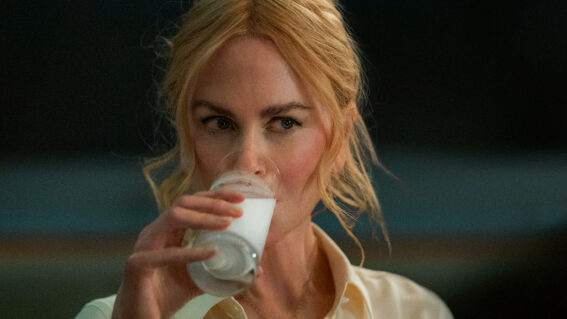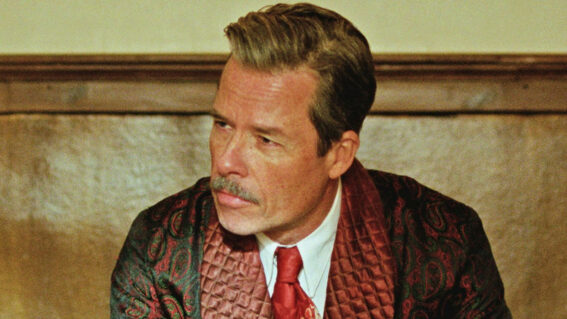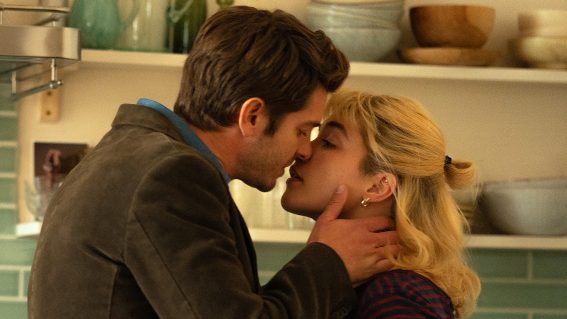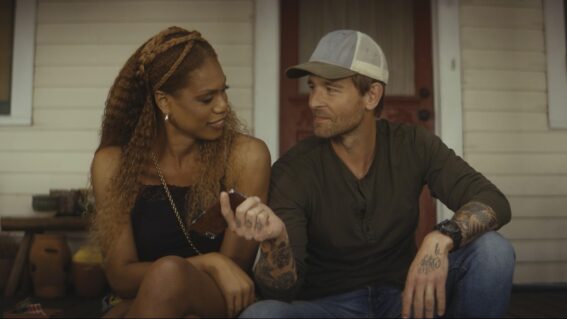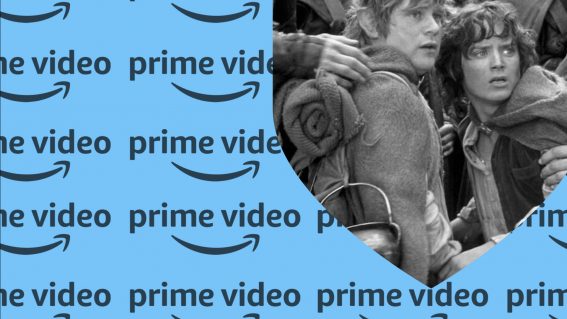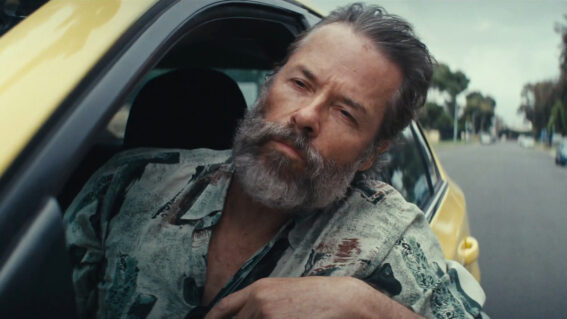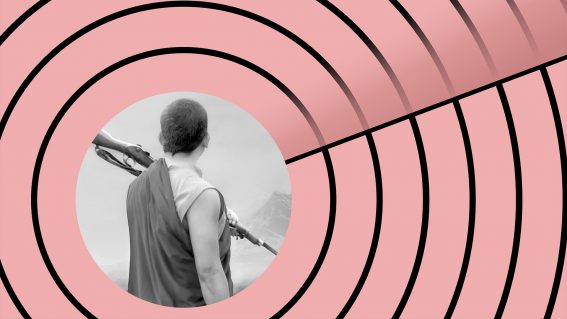I Kid You Not: Pee-wee’s Big Adventure is cinema’s best man-child comedy
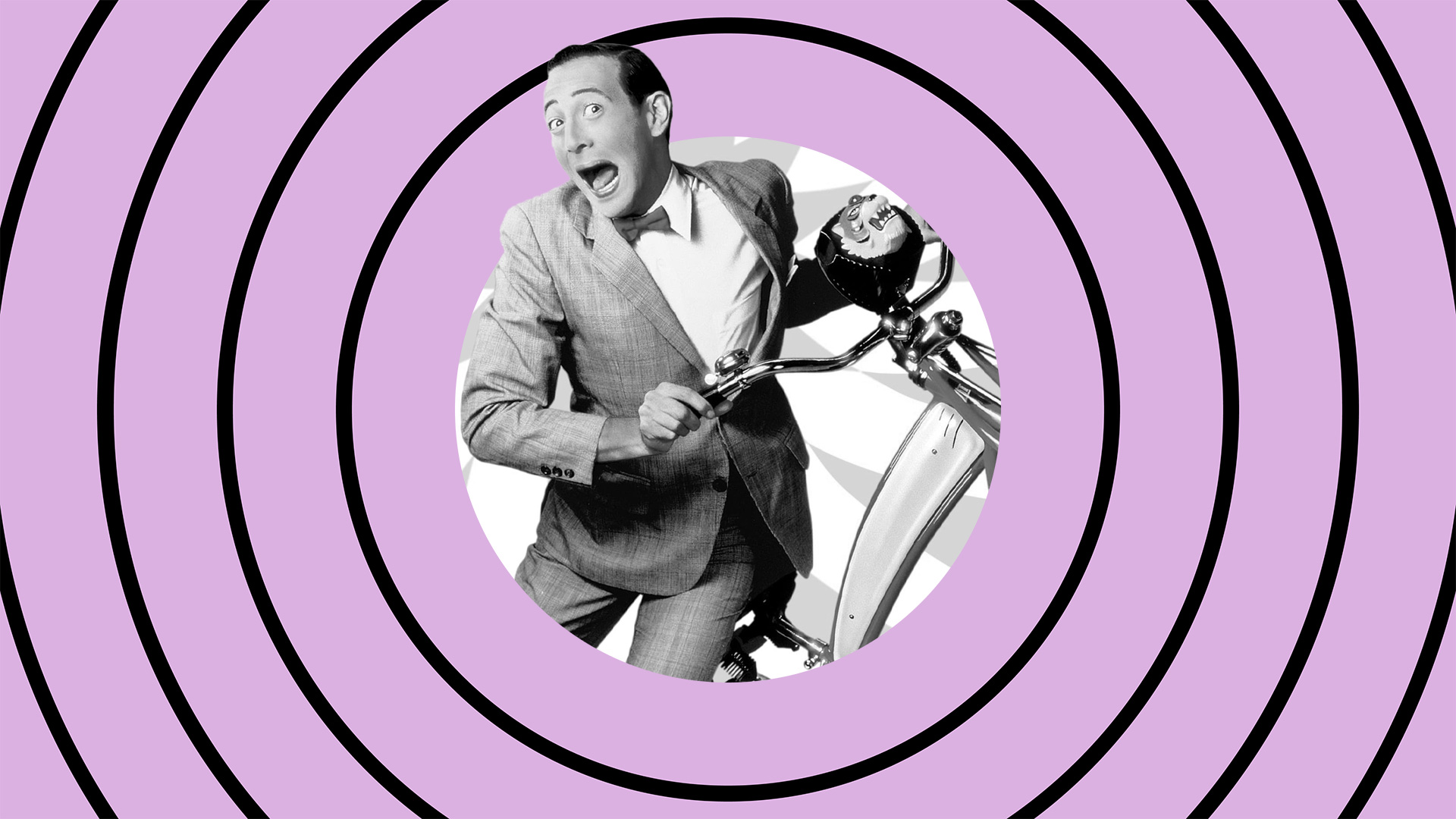
Who said family films aren’t cinema? In his column I Kid You Not, Liam Maguren critically evaluates the excellence in kids flicks and writes them into the history books. Here, he celebrates the late Paul Reubens by exploring what makes Pee-wee’s Big Adventure so great.
Lots of people grew sick of the man-child character. That’s understandable. If it wasn’t Will Ferrell, it was Adam Sandler proverbially pissing into his own mouth in the name of “comedy.” Not to rag on Anchorman or Happy Gilmore, but let’s not roll out the toilet paper list of their cruddy man-child roles.
Thing is, a man-child doesn’t necessarily have to be an adult skirting their real-life responsibilities while clinging to their insufferable frat boy days. Sometimes, they can evoke a more innocent side to immaturity. Sometimes, they can function in ways that seem fantastical. One time, that man-child was Pee-wee Herman.
Dressed in a grey suit and red bowtie combo that screamed Grown-Up Costume, Pee-wee Herman was the personification of an adult as imagined by an idealistic five-year-old. This is the same young brain that believes they’ll eat ice cream every day when they grow up and live in a Wallace and Gromit-style goof house—impractical ideas that Pee-wee made practical.
The creation of the late Paul Reubens, Pee-wee’s existence took a Benjamin Button journey with the stage character making a cameo in 1980’s Cheech and Chong’s Next Movie (coming across less as a man-child and more as a cynical adolescent). Aided by appearances on The Dating Game and David Letterman, Pee-wee’s popularity initially came from fascinated adults. His HBO special, The Pee-wee Herman Show, leaned into that audience by presenting a “not quite a children’s show” production skewered with “not quite 2023-proof” raunchy humour.
In 1985, the character would reach his final form as an all-ages icon with cinema’s best man-child comedy—Pee-wee’s Big Adventure.
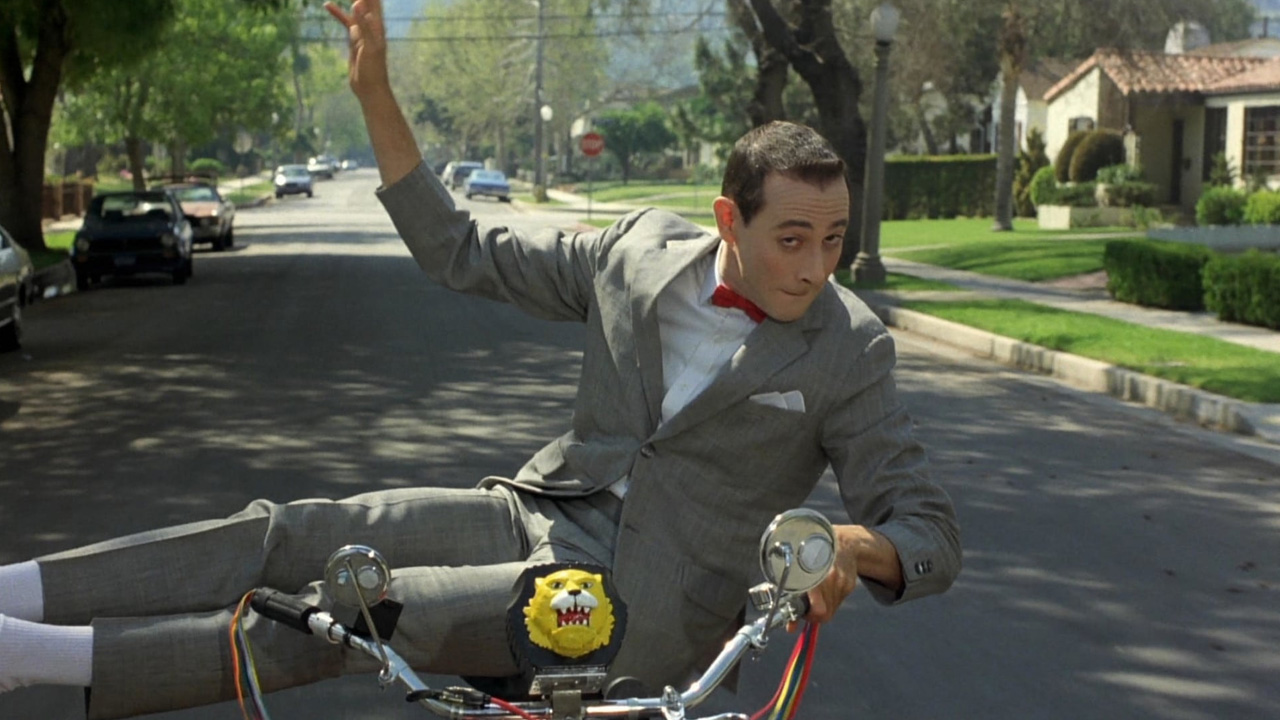
The film follows Pee-wee Herman’s attempt to find his stolen bike—a seemingly simple objective blown fantastically out of proportion. Crossing state lines, partnering with criminals, hitchhiking with ghosts, and invading Warner Bros Studio are the kinds of ludicrous plot points a lame kid would make up while trying to sound cool at the playground. Thus, it’s the perfect story for a Pee-wee Herman movie.
The opening minutes are a kick-down-the-door introduction to Pee-wee Herman and his daily life. Bursting awake without the assistance of coffee, Pee-wee’s caffeinated only by the desire to play with his gargantuan number of toys. His room’s basically a Toys-R-Us wired with overly elaborate Rube Goldberg machines and a fireman’s pole leading to the living room.
The kind of unruly home decor that only makes sense to a millionaire toddler, the film’s world allows this nonsense to exist unquestioned. The toys are all in good knick, the machines (mostly) work, and his fireman’s pole also dresses him for the day. How, exactly? There’s no time to explain. You either roll with it or pick a different film, Grandpa.
The delightful cotton candy opening sequence exemplifies the odd appeal of the character. Whether it’s his sudden and inexplicable change in voice or the revolting way he destroys perfectly good bacon pancakes by burying them with Mr T cereal, we’re never fully sure of Pee-wee as a person. But another part strikes envy seeing this single man function on a day-to-day basis while retaining the eternal sunshine of a childish mind. Why does he get to be a homeowner and find joy in model firetrucks while the rest of us rot in debt and existential dread? Again, no time to explain.
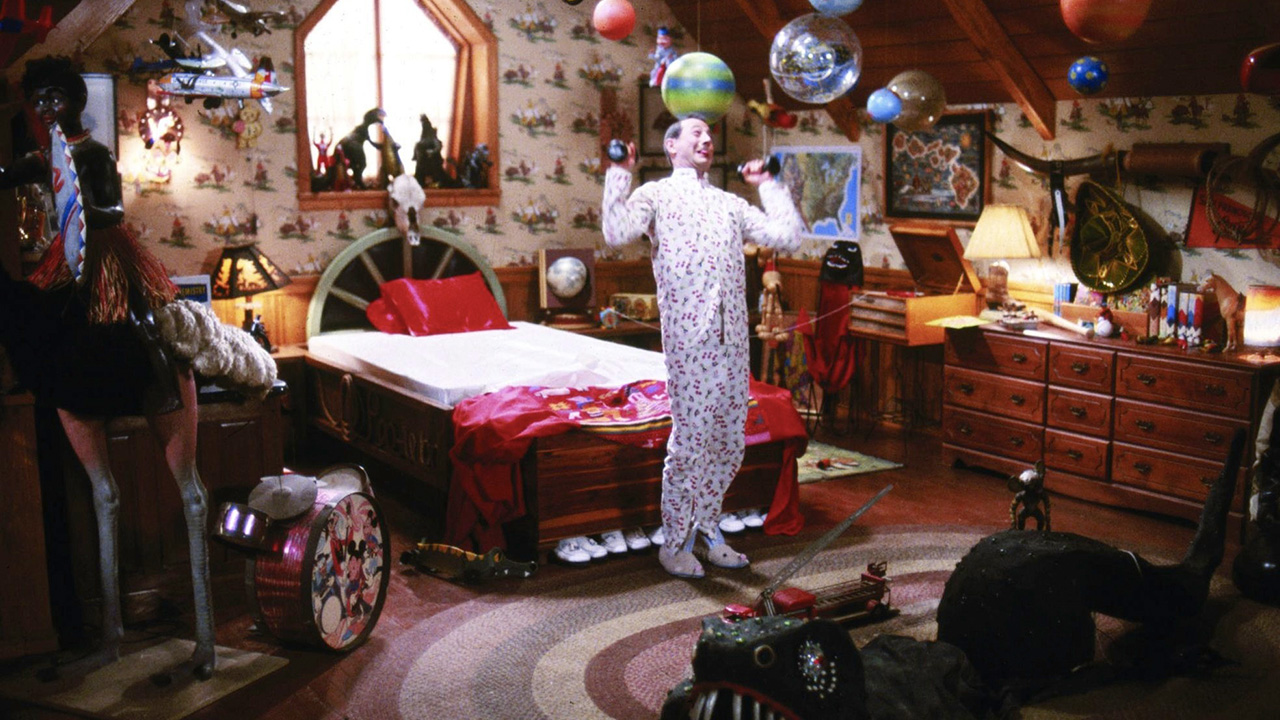
The scene wouldn’t work were it not for Reubens’ dedication to the character. If we even got a sniff of him not being 100% committed to Pee-wee’s wildly childish behaviour, the whole house of cards would crumble. But he fills every second with an impulsive giggle, a joyful hop, a massive expression, a silly walk… he is completely comfortable being a kid at play. He sells the character, and thus, the world, throughout the film’s brisk 90-minute runtime.
In his feature debut, director Tim Burton shows off his ability to command a production while regular cohort Danny Elfman (who previously had no interest in being a film composer) takes the circus energy even higher with a parade of horns and trumpets.
In his better films, Burton’s able to take characters who may otherwise be considered “freaks” and realign our perceptions of unusualness onto “normal society.” While many will rightfully reference the stop-motion bit as a Burton trademark, his less overt depiction of Texas, for me, shows Burton at his best. Mainly, it’s in his ability to crank up everyone’s Texan-ness just enough to feel absurd without going complete caricature.
One of the standout gags sees Pee-wee in a phone booth, needing to convince Dottie he’s in Texas. With total confidence, he yells out, “The stars at night! Are big and bright!” To which every cowboy hat-wearing Texan immediately stops, claps in sync, and belts out, “Deep in the heaaaaart of Texaaaaas!” They all appear out of nowhere, do the bit, and then carry on with their day like it was nothing. It’s hilarious.
So much of the film’s enjoyment comes from seeing Pee-wee tumble through Burton’s America, with the host of bit actors giving their all to the array of slightly strange side characters. Judd Omen plays sweaty crim Mickey with a dart-eyed intensity that superbly counters Pee-wee. Large Marge’s hilariously sudden monologue would be nothing without Alice Nunn’s deadly delivery. And I still chuckle to myself at the bikers confronting Pee-wee with the unusually polite line, “Did anyone tell you this is the private club of Satan’s Helpers?”
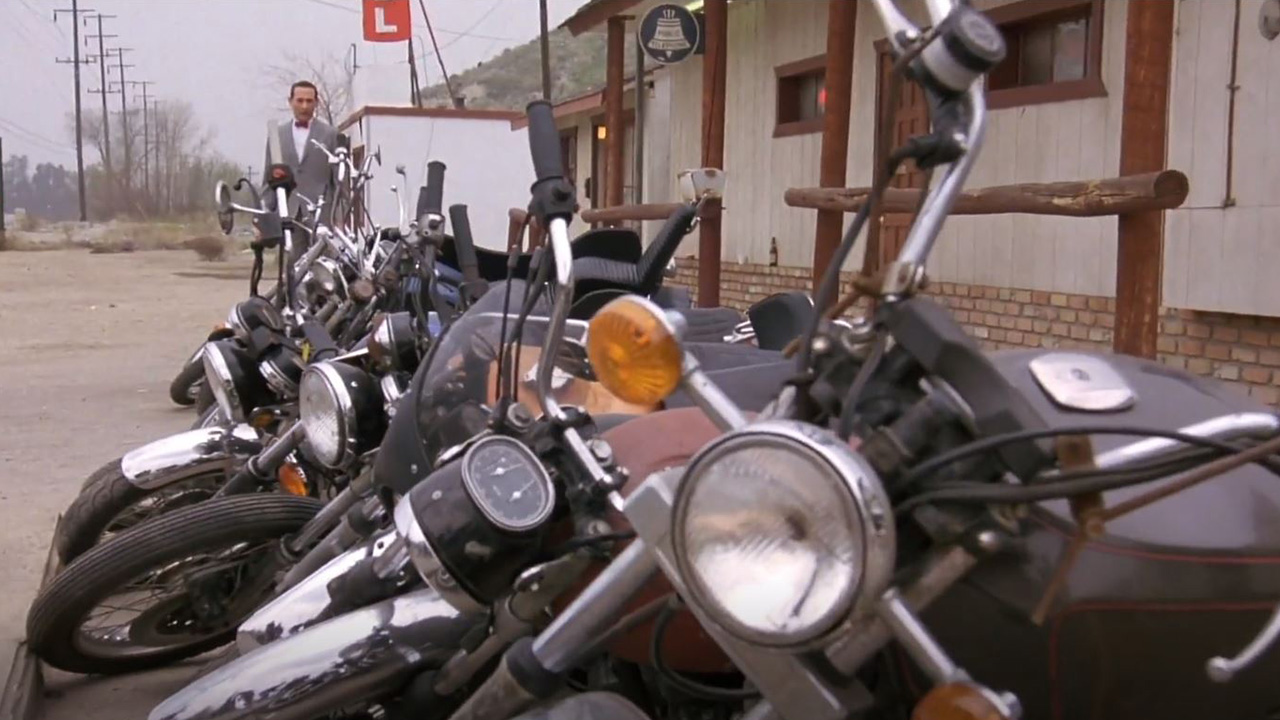
They’re all great, doing their part to fill out an odd but charming world designed around Reubens’ odd but charming man-child. It’s ultimately Pee-wee Herman who rightfully gets top billing in the film—not Paul Reubens, mind you, which speaks largely to the actor’s on- and off-screen dedication to the role.
When I think of other great man-child characters of Pee-wee’s calibre, I’m drawn to Rowan Atkinson’s Mr. Bean and Stephen Hillenburg’s SpongeBob SquarePants. Both beings are able to tap into a very specific appeal—watching a blissfully childish soul inhabit the body of a (somehow) functioning adult—though their cinema outings don’t quite match up to the legacies they left on television.
Paul Reubens went on to do a very good (actual) children’s show Pee-wee’s Playhouse as well as 1988’s not-so-good Big Top Pee-wee and the good-enough 2016 sequel Pee-wee’s Big Holiday. But none of them reached the heights of Pee-wee’s Big Adventure, with its loving embrace of the slightly absurd making us want to believe in a man who will never let go of childhood joy. It’s possibly why Reubens’ tragic passing hurt just a little more than expected.





